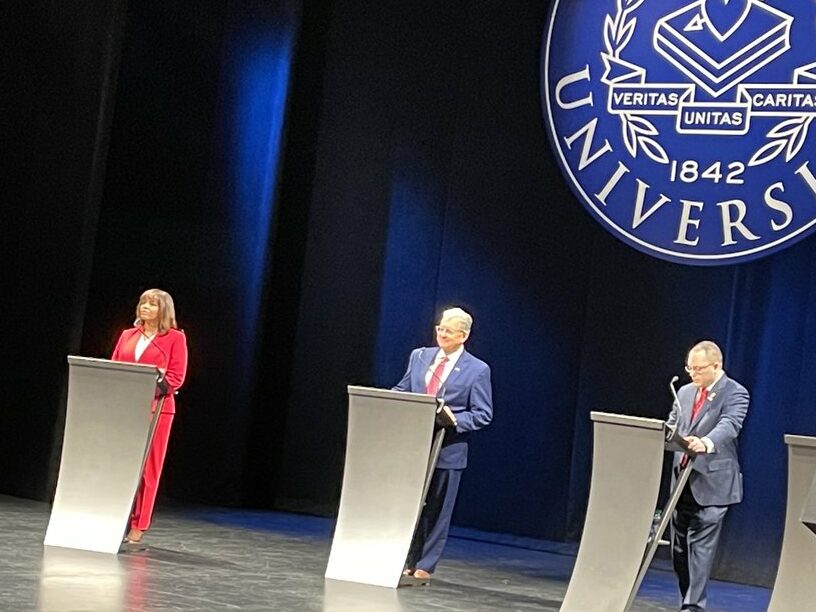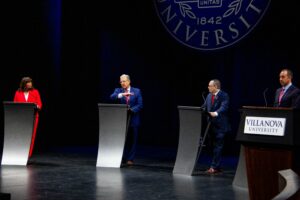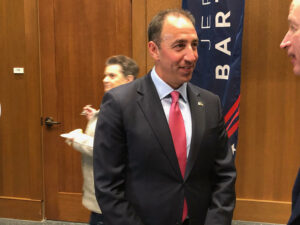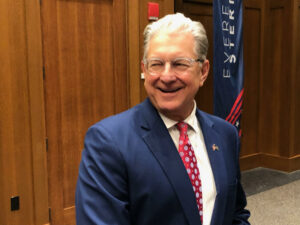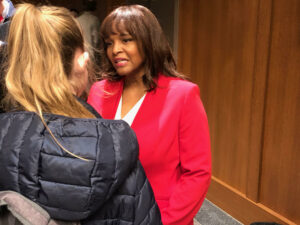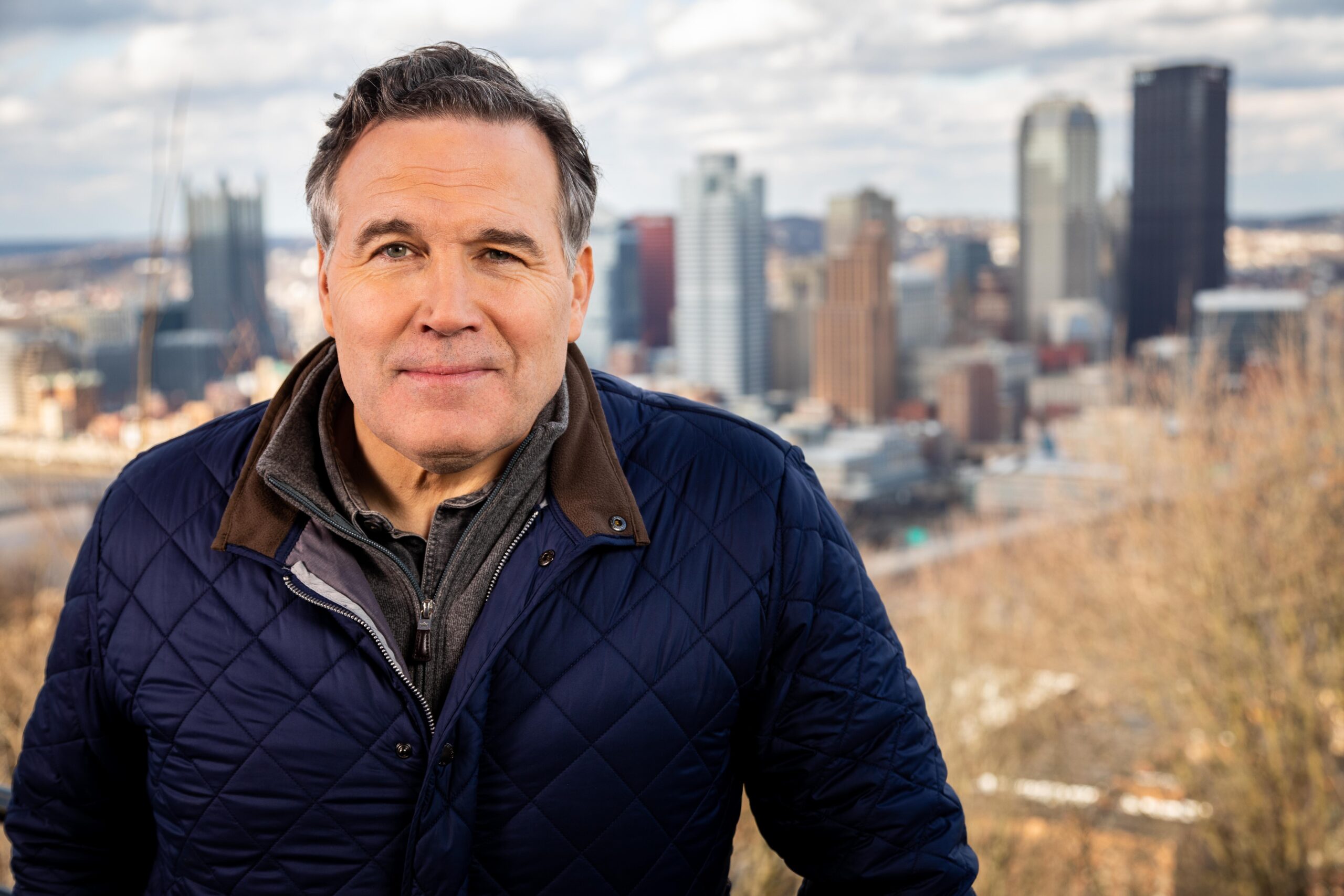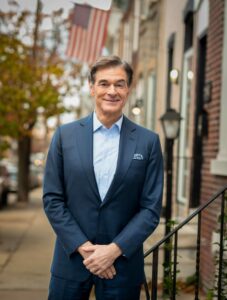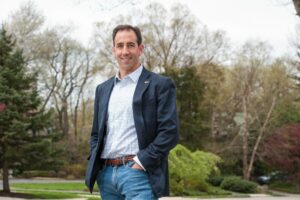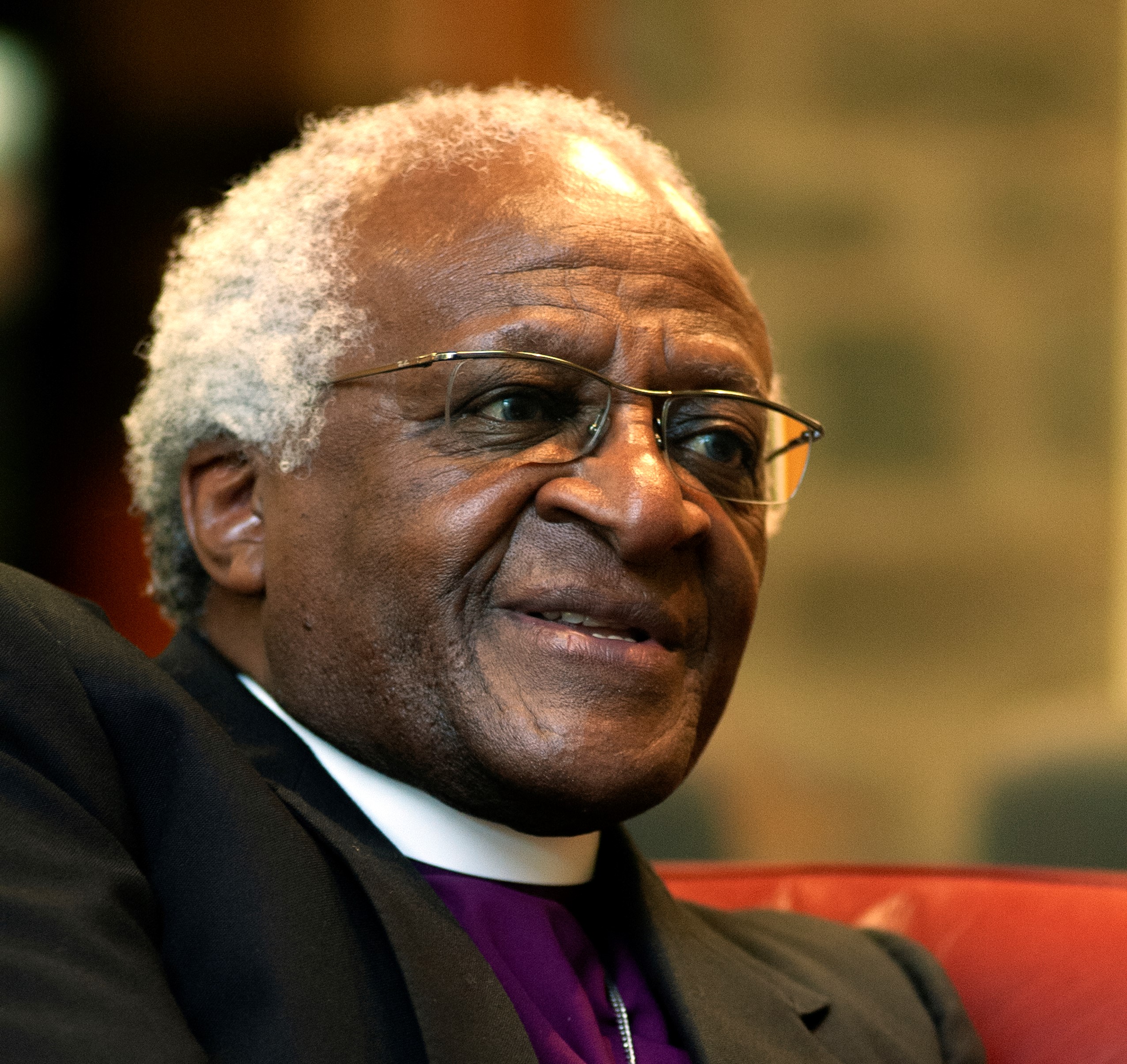GIORDANO: Norristown Home of High Drama on Homelessness
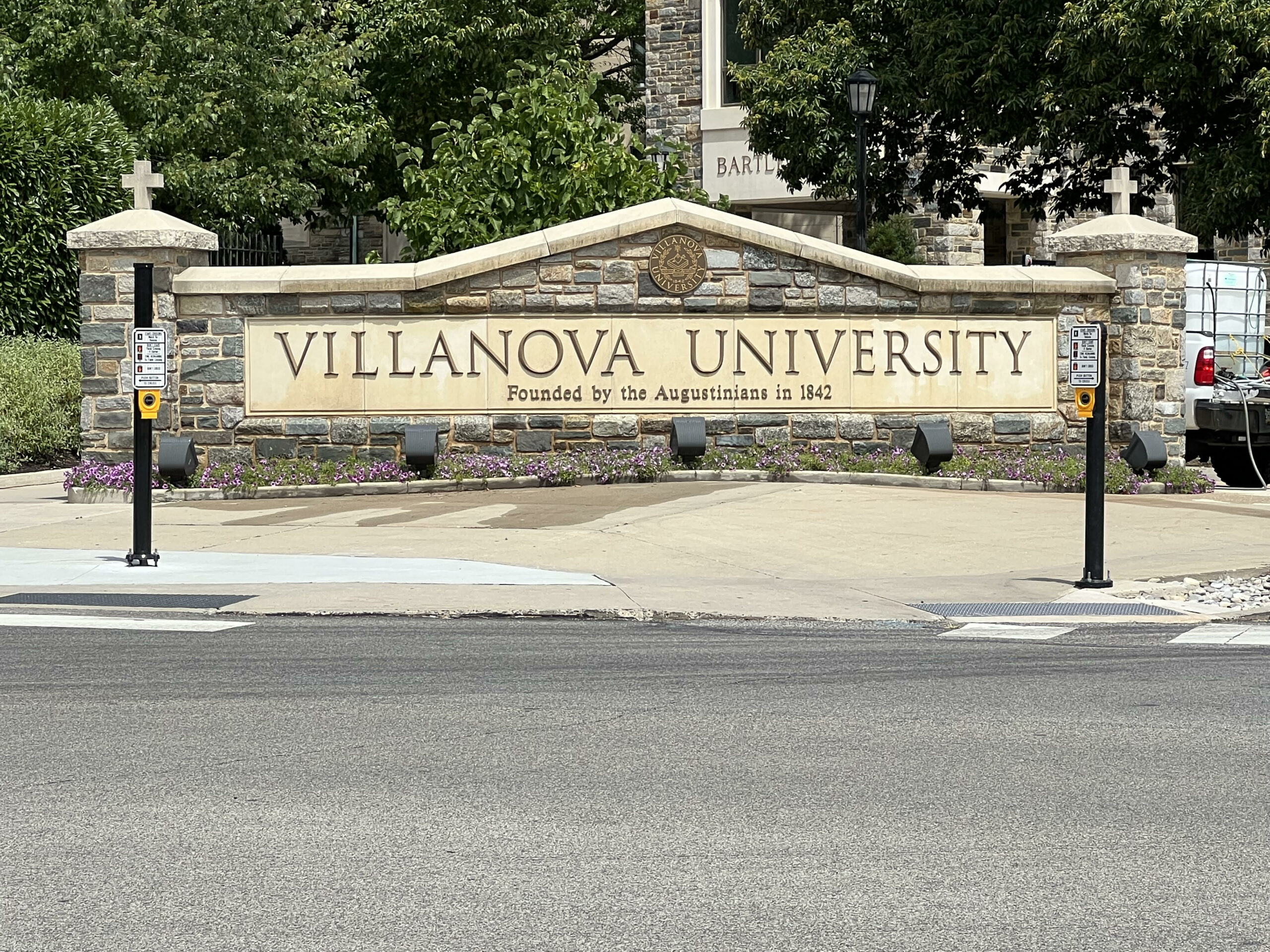
Over the last 10 years, Norristown has become the Kensington lite of suburban Philadelphia. Many mental health and drug and alcohol centers have opened in the town.
Many people drop out of those programs and live on the streets in Norristown. This situation has come to a head because PECO is poised to remove homeless encampments from its properties.
The situation has become high drama because of the battle between Stephanie Sena, a Villanova University law professor and homeless advocate, and Norristown Council President Tom LePera. LePera is a Democrat and local union leader, but that did not stop him from threatening to send the homeless to Villanova, according to Sena and a witness.
LaPera allegedly said he had offered incentives to the homeless to board a bus and be dropped off at Villanova University, which he reportedly said has many empty dorm rooms in the summer that could house the homeless.
LePera also said he was modeling himself after Texas Gov. Greg Abbott, who has transported nearly 100,000 illegal immigrants to sanctuary cities like New York, Philadelphia, and Chicago. New York, in particular, is in crisis mode after receiving 70,000 or more immigrants.
Even though LePera has somewhat walked back the alleged comments, I understand his point. I believe Sena is the face of the elitist advocates that don’t want to address why Norristown has to bear the burden of homelessness in Montgomery County.
Villanova issued a statement that Sena has not been working on behalf of the school. I consider the university a liberal elitist institution that virtue signals about issues like homelessness but doesn’t help places like Norristown deal with it.
Speaking of elitist virtue signalers, The Philadelphia Inquirer thundered that Norristown is not the only Montgomery County town it feels has sought to criminalize homelessness and poverty. It also attacked Pottstown for penalizing churches for their homeless feeding programs. I’ve interviewed officials in Pottstown about this, and they made a good case that these programs were putting a tremendous strain on their town.
Norristown is not a large town. According to most government reports, about 21 percent of its residents live in poverty. It doesn’t have the political clout of places like Villanova, Lower Merion, or Radnor. What would those communities do about homeless encampments in their towns? LePera, in his own contorted way, put this issue out there. It’s not a matter of chance that Norristown has ended up in this position.
The Inquirer reported that Montgomery County Chief Operating Officer Lee Soltysiak said in a statement, “Homelessness is not an issue that should be addressed through theatrics. It is a serious matter affecting the lives of far too many people countywide, and we must work together to solve it.” What does Mr. Soltysiak propose to relieve Norristown? What specifically will be done to take the pressure off Norristown? What does Villanova say should be done to relieve Norristown?
The silence is very reminiscent of responses by the area elitist institutions when the issue of relieving the people of Kensington comes up. In the current race to become the next mayor of Philadelphia, candidates Cherelle Parker and David Oh have routinely been criticized when they espouse aggressive policies to break up the area’s open-air drug markets. In fact, there seems to be more support for safe injection sites rather than removing Kensington as a magnet for lawlessness.
So, thanks to Thomas Le Pera for highlighting not just the problem of homelessness but the people and institutions that make designated poor and voiceless communities have to bear the burden for everyone else.
Please follow DVJournal on social media: Twitter@DVJournal or Facebook.com/DelawareValleyJournal

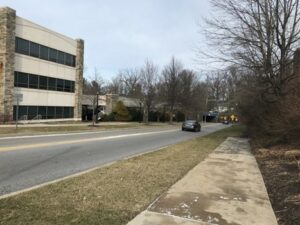
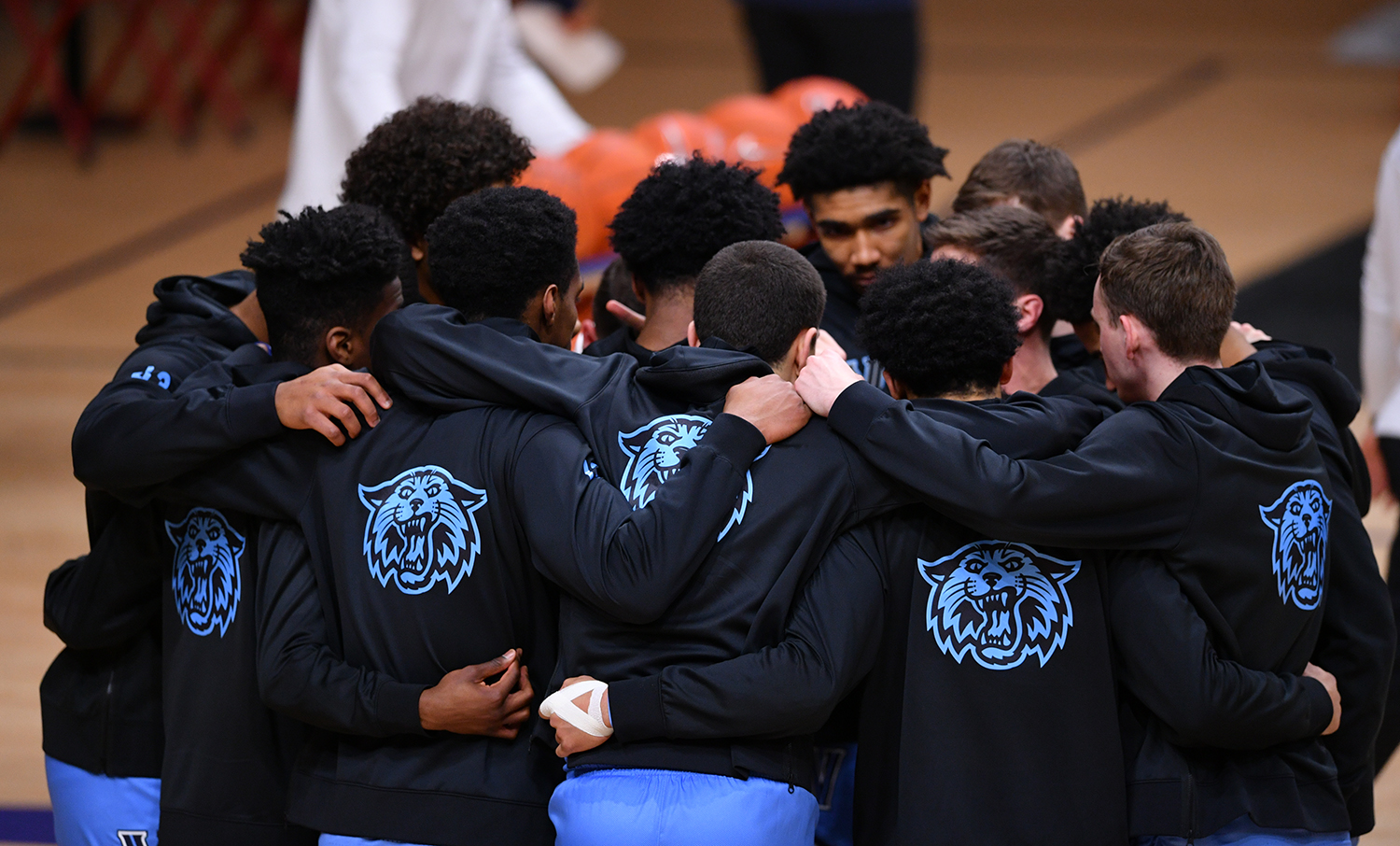
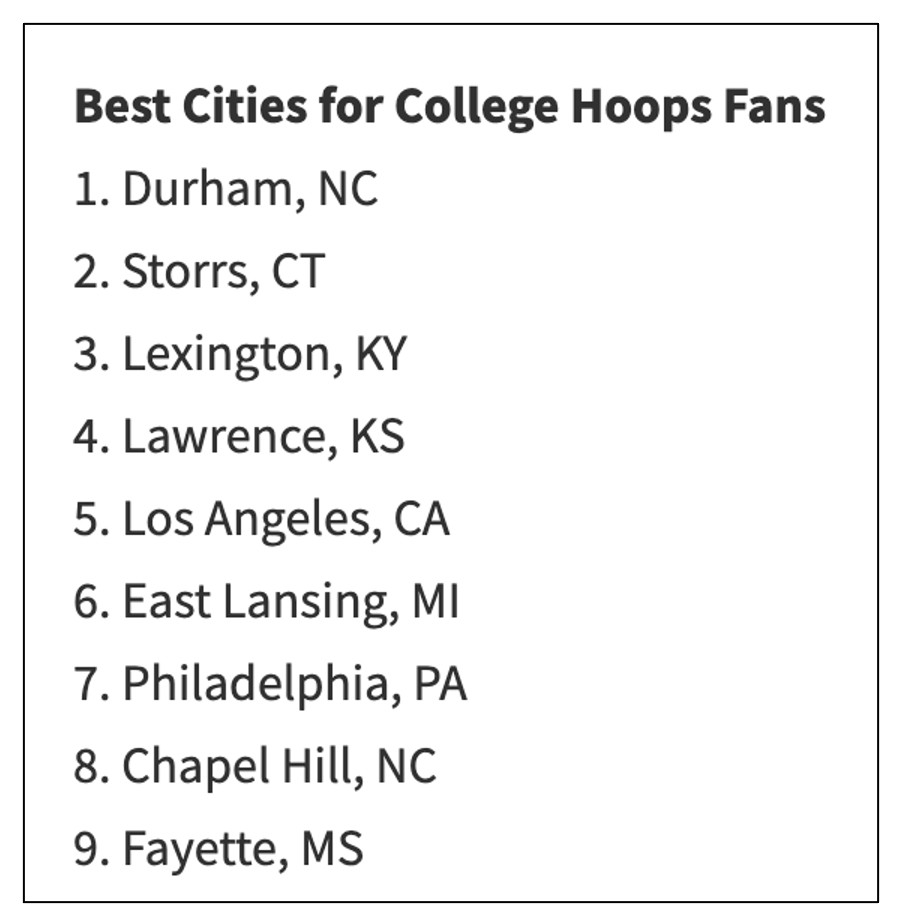 It wasn’t until the late 1960s that the tournament was televised nationally and then only weekend games. In 1980, ESPN televised first-round games on a Thursday and Friday and received an overwhelmingly enthusiastic response as workers took time away from their jobs to follow the action. The early-round telecasts became a television staple.
It wasn’t until the late 1960s that the tournament was televised nationally and then only weekend games. In 1980, ESPN televised first-round games on a Thursday and Friday and received an overwhelmingly enthusiastic response as workers took time away from their jobs to follow the action. The early-round telecasts became a television staple.
